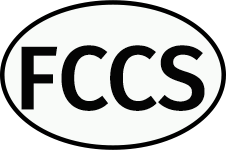Published in SABNJ Oct-2019 issue:
Back in the early days of personal computers, we accepted the fact that we would have to wait (and wait… and wait some more) for things to get done. Today we have little patience for having to wait and watch spinning wheels and slow response times.
What makes a computer lose its’ pep? Do they just get tired? Over time we install all sorts of programs on our computers. Some are very efficient, while others are less so.
It is also possible that you have installed programs that are set to start up with your computer. These programs stay running in the background, even when not in use. Unless you are going to use that program immediately after starting your computer, there is no reason to slow down the whole process by allowing it to automatically start up.
If your computer is an entry-level model, you do not want a bunch of programs running in the background, especially programs you do not use every time you use the computer. Entry-level computers have limited memory installed, which is the bare minimum to run Windows. Every program that is running in the background impacts the speed of the computer.
There might also be problems with speed that are a result of programs that have been un-installed but have left behind traces of code. It is important to do a good cleanup once a year, just to ensure that there are no issues like those above.
I’m sure you have seen the commercials on TV for “PC Tune-Up” software. Most of these are poorly designed, and many are actually bad for your computer. I do not recommend any of the software advertised on TV.
I have two primary software tools that I use on nearly every computer I work on. They are the “go-to” tools in IT departments across the US. If you are pretty computer savvy and want to give these tools a try, just give me a call and I’ll tell you how to get them. Otherwise, we can set up an appointment and I’ll do the work.

